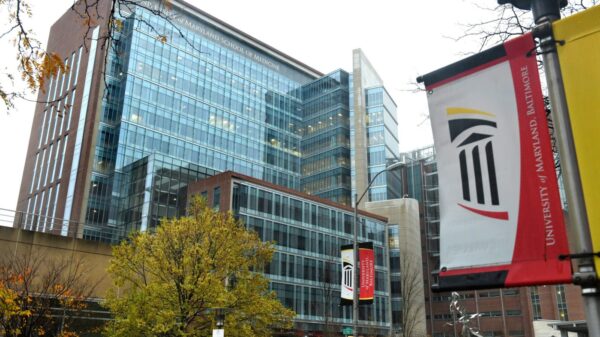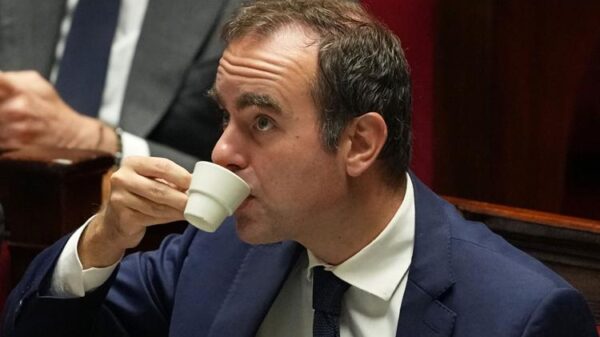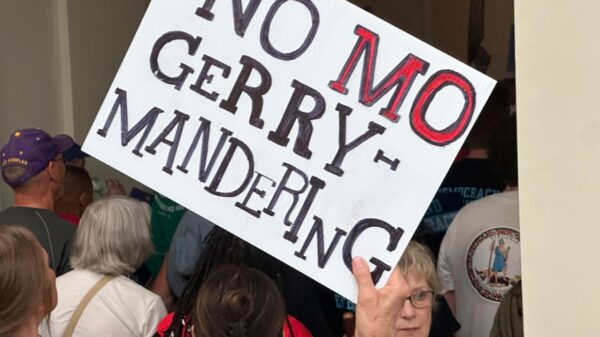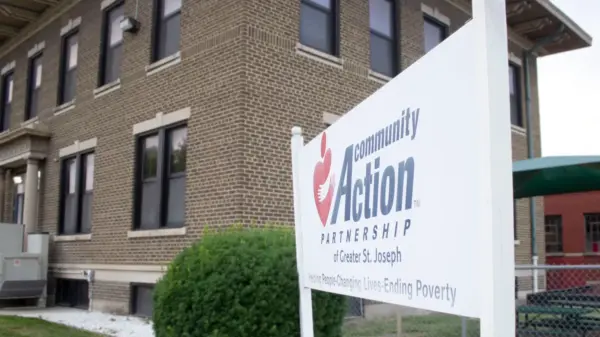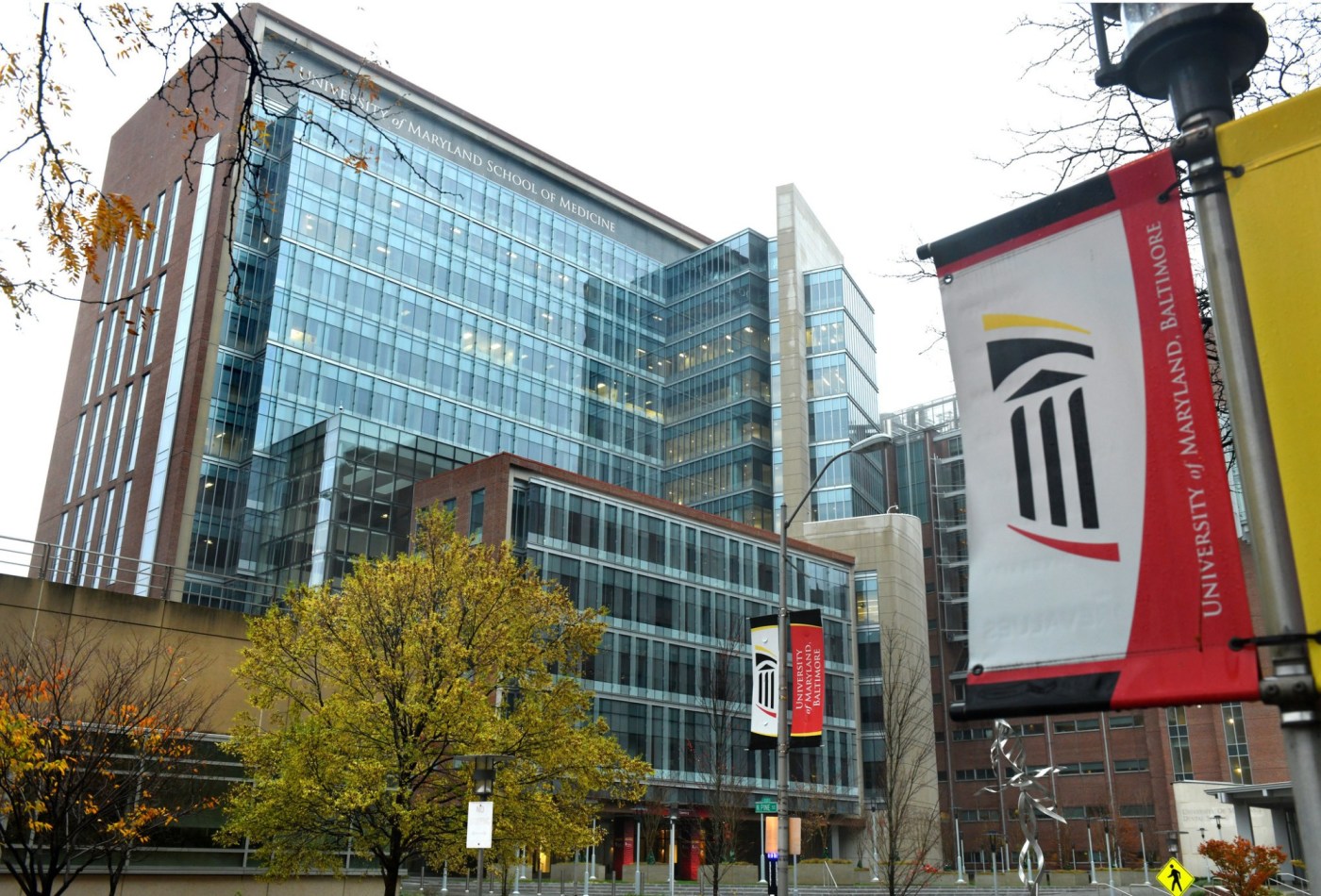BREAKING: Maryland’s higher education institutions are grappling with a staggering $119 million reduction in federal grant funding, reshaping the academic landscape in real-time. This dramatic cut has sent shockwaves through universities, forcing researchers to confront an uncertain future.
The University System of Maryland has seen its funding rely heavily on federal dollars, with Patrick O’Shea, vice president for research, emphasizing that the system’s reliance has left it vulnerable. “Our failure was a lack of diversity in funding,” he stated, highlighting the precarious position of Maryland’s academic institutions.
In a concerning report from the Center for American Progress, it was revealed that Maryland universities lost nearly $119 million in federal grants this year, significantly impacting ongoing research projects. Most of these grants typically span three to five years, meaning many researchers are now facing abrupt funding interruptions for projects already underway.
On October 10, 2023, researchers from the University of Maryland, College Park, convened a virtual town hall to voice their urgent concerns about the ramifications of these cuts. “I don’t see how I can keep working at the university if my grant is clawed back,” lamented Marc Pound, a long-time research scientist in the Astronomy Department. The funding he relies on from NASA is now in jeopardy, further stressing the need for immediate intervention.
Pound detailed how NASA had requested his funding in staggered payments, a common practice that became alarming when the agency later stated it could not guarantee the second half. This precarious situation has left many researchers, particularly those without tenure, fearing for their professional futures.
The challenges extend beyond funding: faculty members expressed concerns about their safety and job security during the town hall. Many requested that the university administration increase protections against potential threats, including conducting active shooter drills and ensuring personal information remains confidential.
In response to these deeply felt concerns, Karin Rosemblatt, a history professor and president of the United Academics of Maryland-UMD, organized the town hall after previous requests for dialogue with the administration were ignored. “It’s an attack on all our academic freedoms,” she asserted, underscoring the urgency of the situation.
Other Maryland institutions are feeling the impact as well. Johns Hopkins University, known for its research prowess, faced an abrupt loss of $800 million in funding from the U.S. Agency for International Development earlier this year. In response, Hopkins has established resources for affected faculty, including pivot grants of up to $150,000 to help redirect research efforts and bridge grants of up to $100,000 for those experiencing delays in federal funding.
Meanwhile, Morgan State University reported having 22 grants rescinded, totaling $13.5 million. Officials stated that most of this funding had already been utilized in prior years, resulting in a loss of $3.6 million in future payments. Nevertheless, Morgan State’s spokesman, Dell Jackson, expressed optimism, asserting, “We are not dissuaded from being the next major research institution.”
As these funding cuts reshape the academic landscape, O’Shea reassured the community that universities are working diligently to adapt. “We’re working very hard to help them stabilize, pivot, and grow,” he said, expressing a firm belief in the resilience of academic institutions.
With the future of funding in flux, Maryland’s higher education community is urged to act swiftly to secure their research and academic integrity. As the landscape evolves, the urgency for solutions has never been greater.
For ongoing updates on this developing situation, stay connected to our news platform. Have a news tip? Contact Karl Hille at 443-900-7891 or [email protected].



